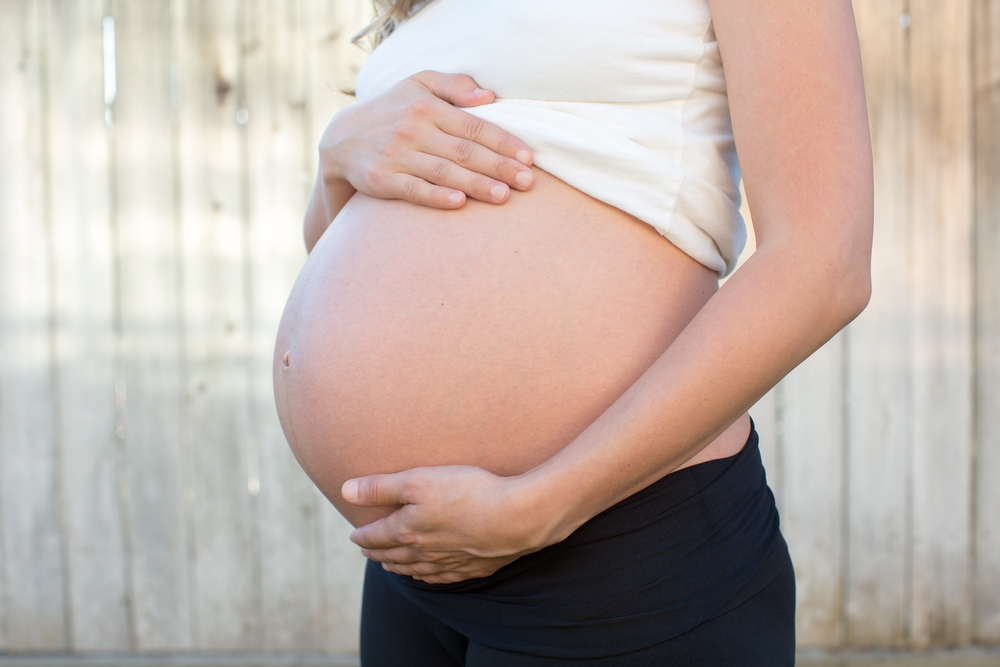
Many women struggling with infertility choose in vitro fertilization (IVF) as an assisted conception method. The procedure involves extracting eggs from a woman’s ovaries, mixing them with sperm, and inserting them directly into the uterus. Given the unique method of conception, women may wonder how IVF pregnancy differs from natural pregnancy. As it turns out, the risks and complications are pretty similar.
Is IVF Pregnancy High Risk?
Good news for parents undergoing IVF treatment: A pregnancy achieved through the assisted reproductive technology is not necessarily considered high risk, according to Connie L. Agnew, M.D., an Ob-Gyn in Los Angeles, California. “Yet a woman who conceives via this technique may have one or more pre-existing conditions, such as advanced maternal age or a history of miscarriage, that make it appropriate for her to see a perinatologist,” says Dr. Agnew. She explains that a perinatologist is a physician who specializes in the treatment of a mother and her fetus when either is at risk for complications.
IVF and Multiples: A mother would also require special care if she’s pregnant with multiples. This isn’t an uncommon result of IVF; many women have more than one embryo implanted to increase the chance of getting pregnant. In fact, according 2015 study by the Society for Assisted Reproductive Technology (SART), about 11.5% of IVF pregnancies resulted in multiples for those under 35 years old. Carrying twins or triplets is considered higher risk, since it increases the chances of premature labor and low birth weight.
IVF And Birth Complications: Babies born through IVF has a slightly higher chance of birth defects (about 1-2%). But according to Susan Hudson, M.D., a reproductive endocrinologist at Texas Fertility Center, in New Braunfels, the birth defects are probably related to the nature of the mother’s infertility instead of IVF treatment. For example, the defect may actually be the result of older maternal age.
IVF Pregnancy Symptoms
In general, the symptoms of IVF pregnancy resemble the symptoms of natural pregnancy. But those with IVF may more conscious to these side effects, since they know they’re carrying a child from the beginning (for most natural pregnancies, women don’t realize they’ve conceived for about a month). This sense of awareness may also cause anxiety and stress, especially in those worried about maintaining a healthy pregnancy.
Keep in mind that fertility medications, which are used to stimulate egg production before the IVF procedure, may also have side effects that resemble pregnancy symptoms. These include headaches, abdominal pain, mood swings, bloating, and hot flashes. While these symptoms aren't usually cause for concern, they may rarely be a result of ovarian hyperstimulation syndrome (OHSS) – an uncommon condition that occurs from excess egg production. Visit a doctor if you experience severe weight gain, abdominal pain and swelling, nausea, shortness of breath, and dizziness.





